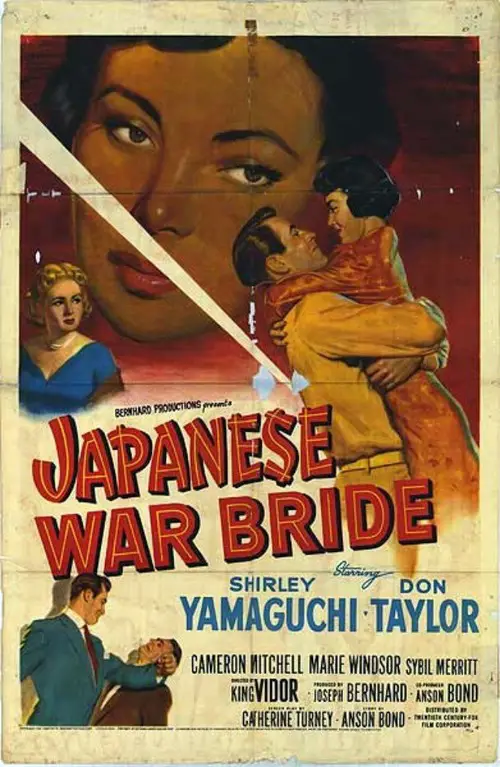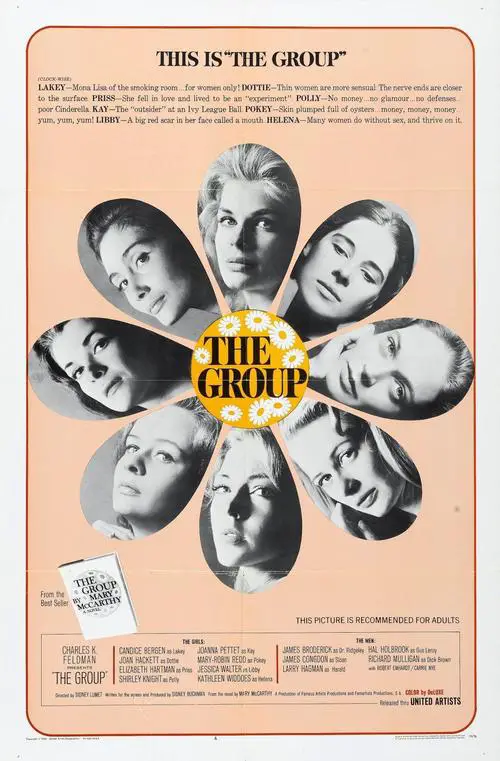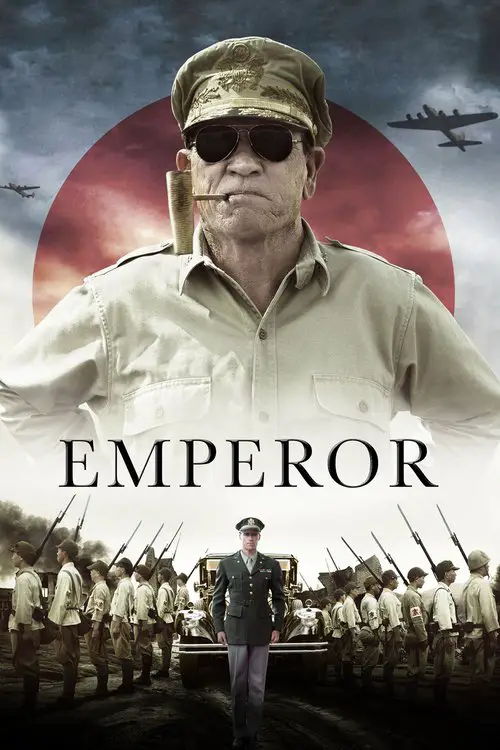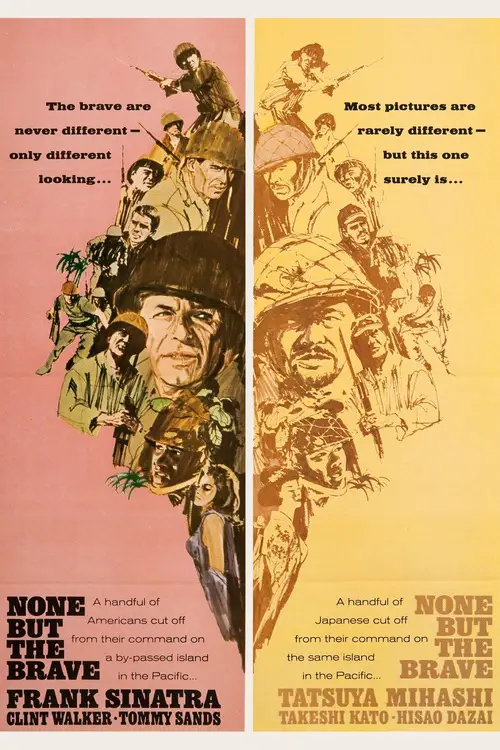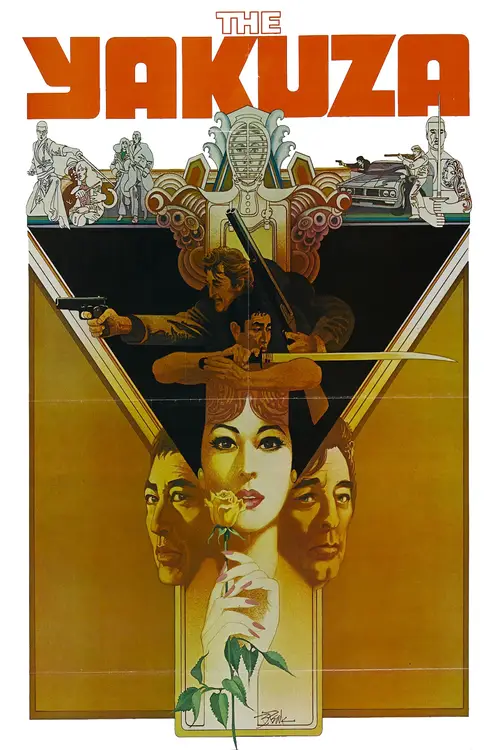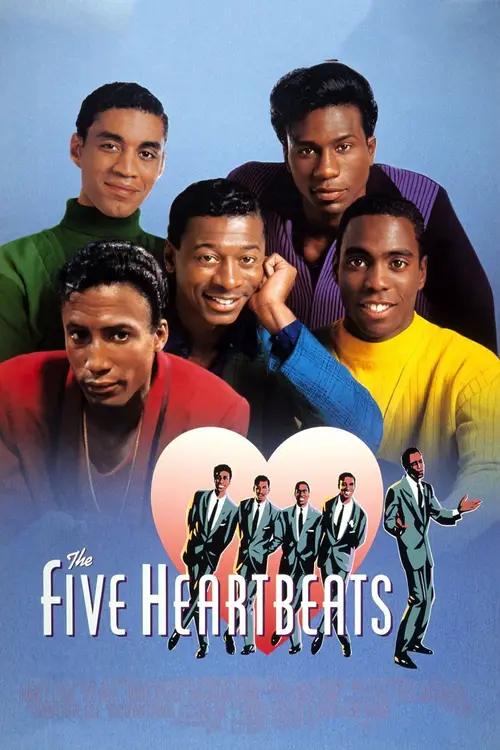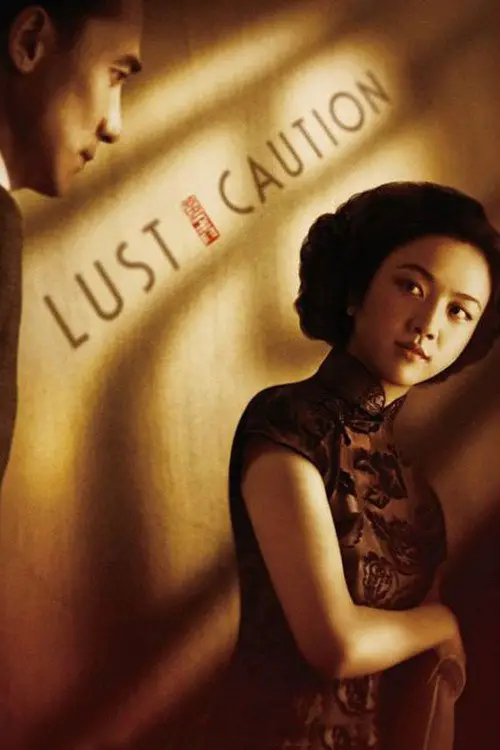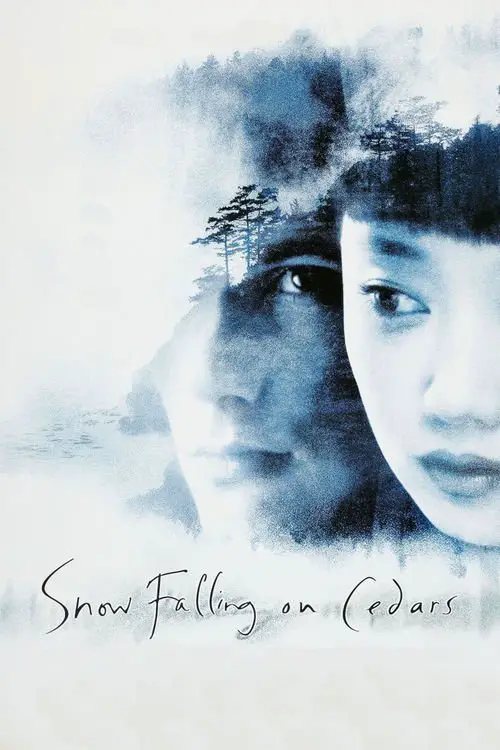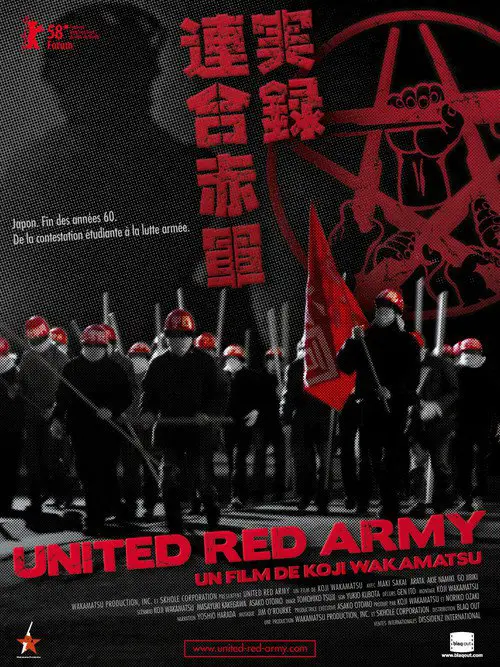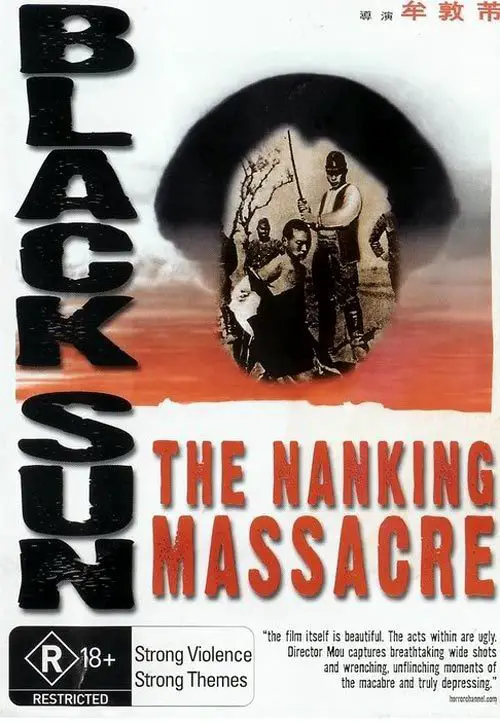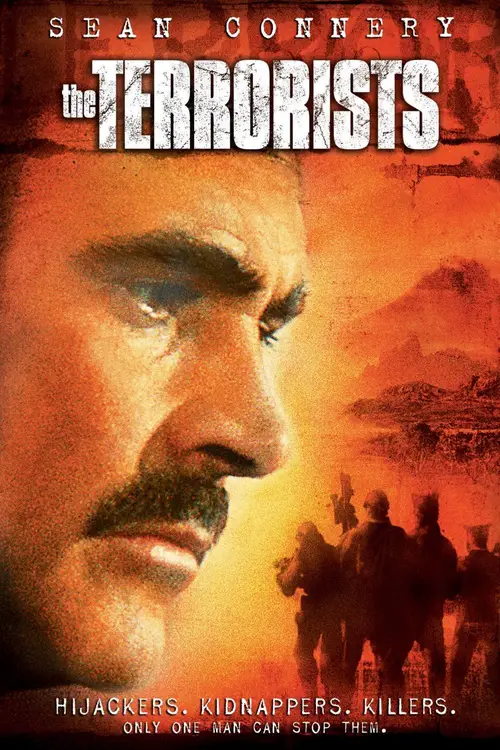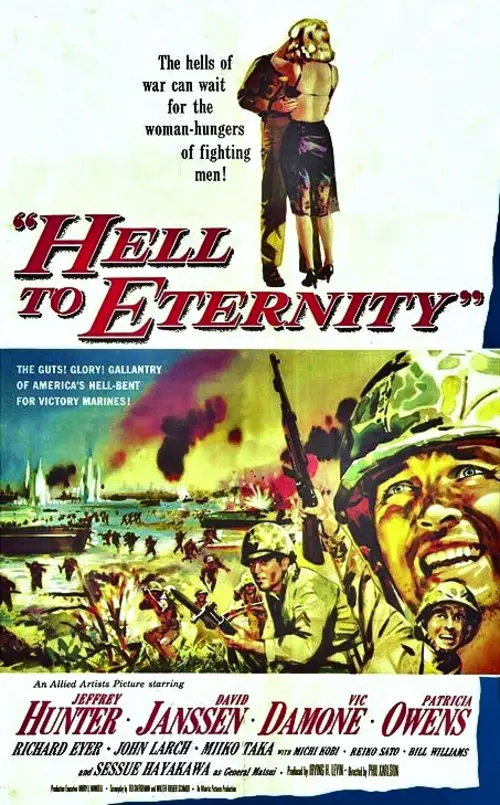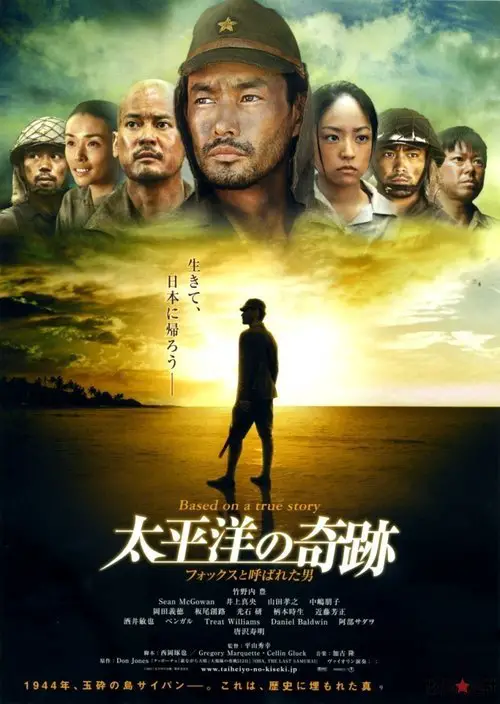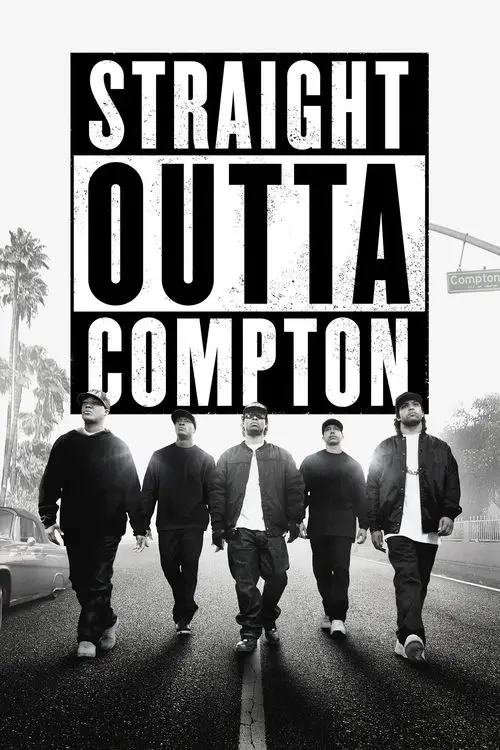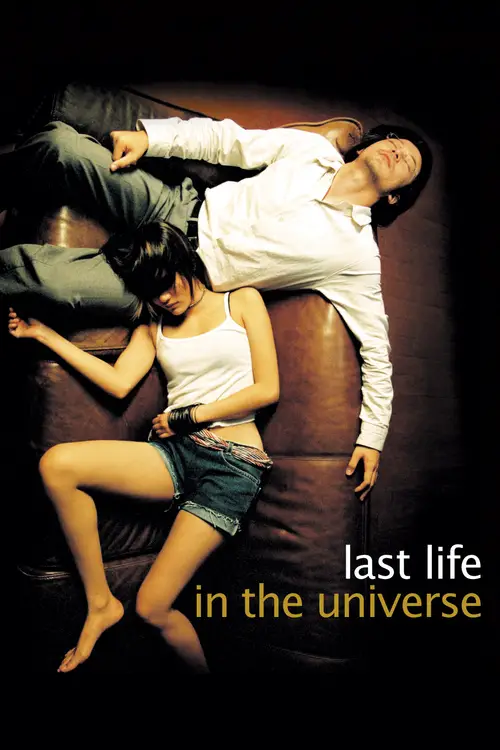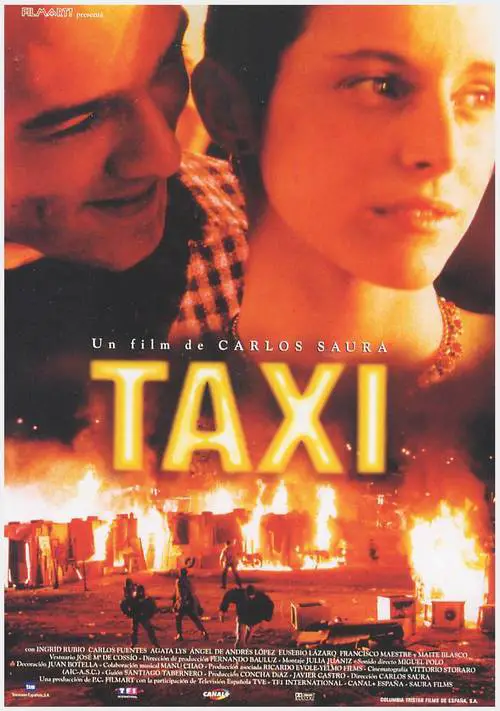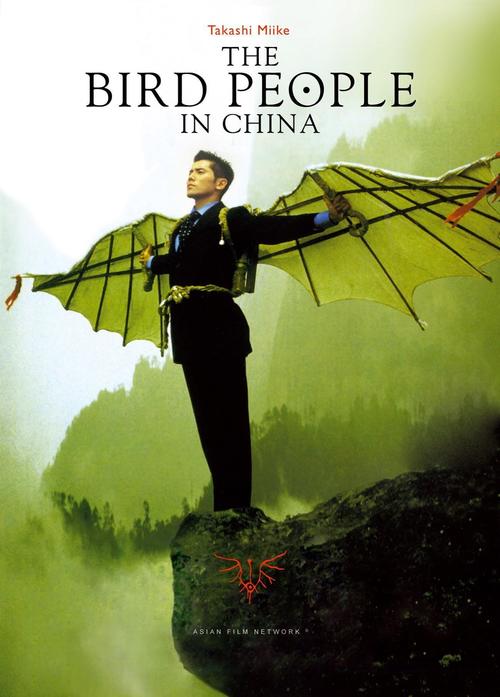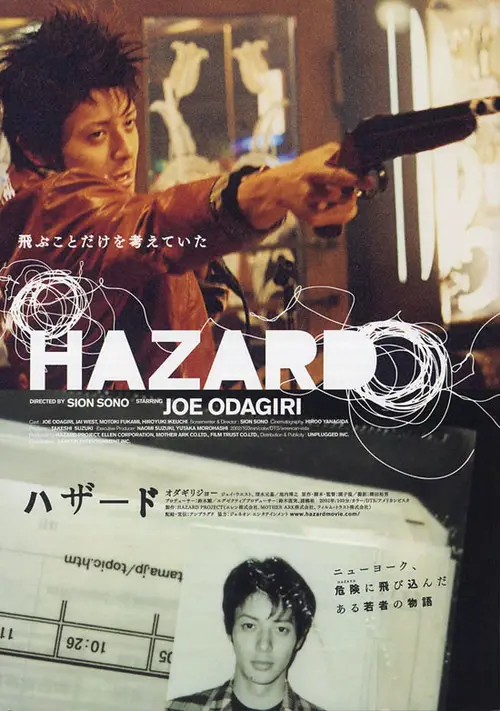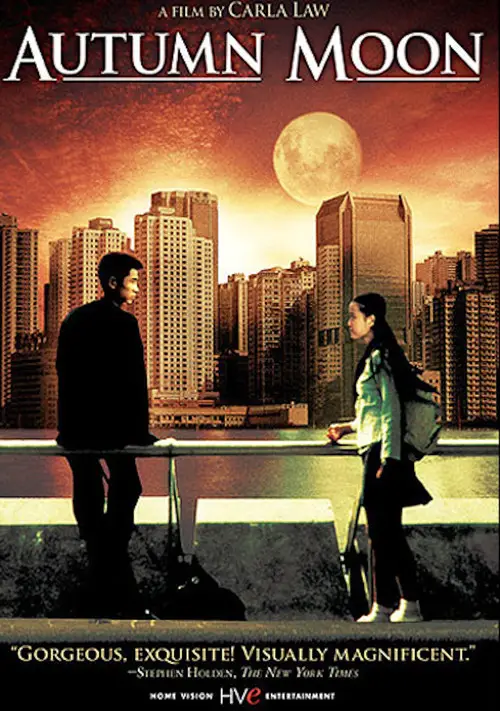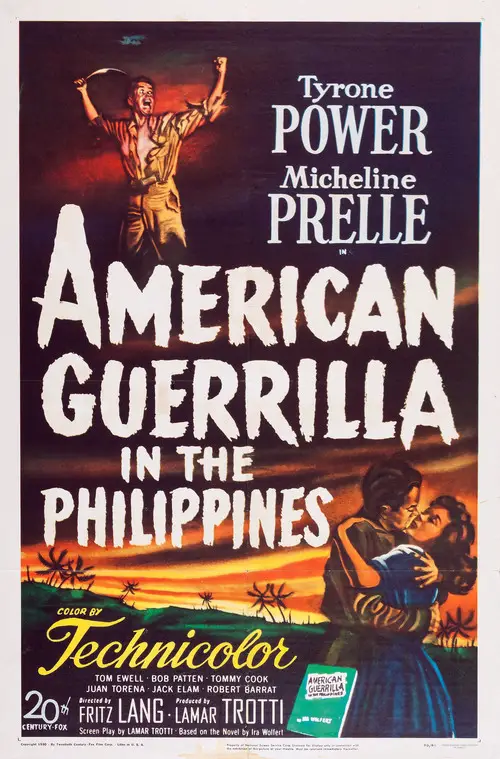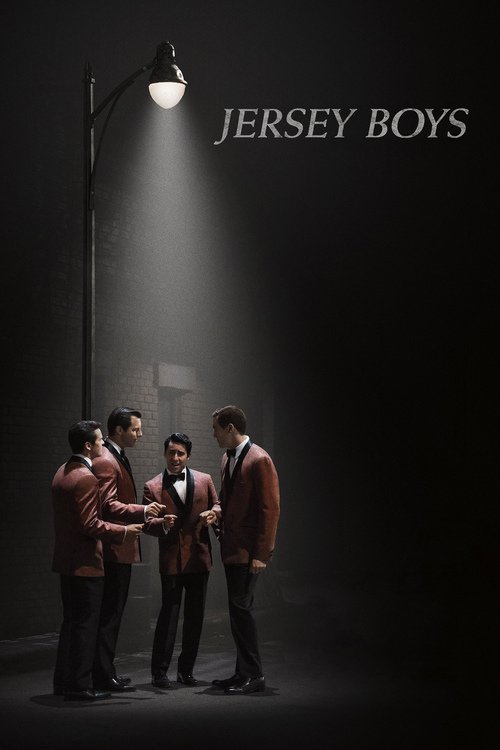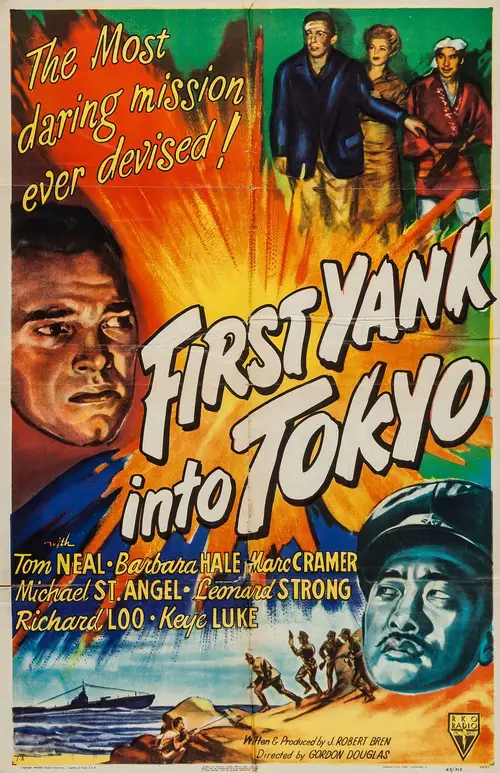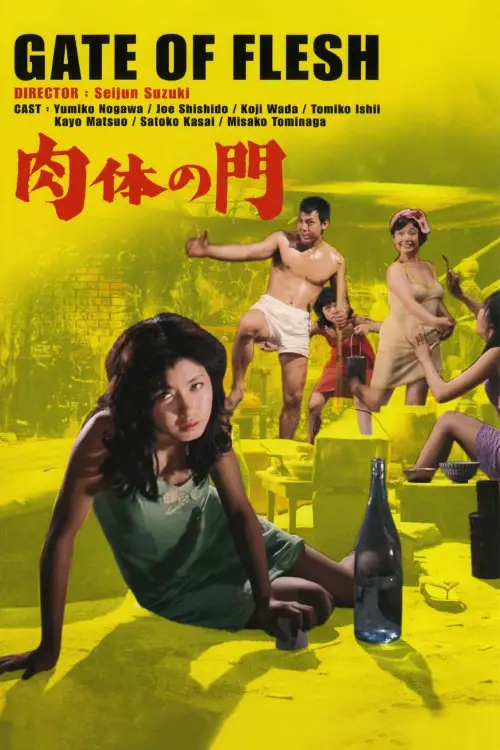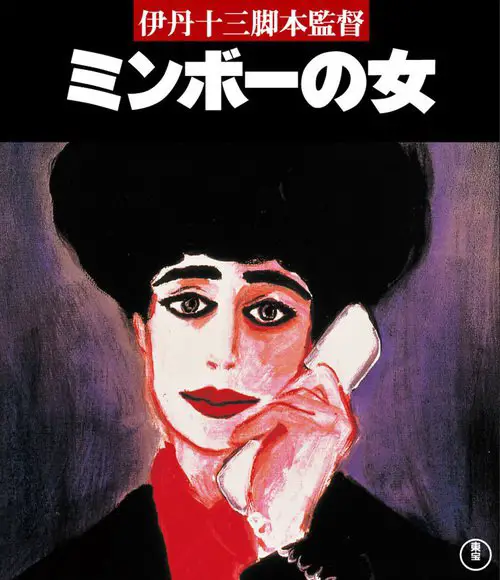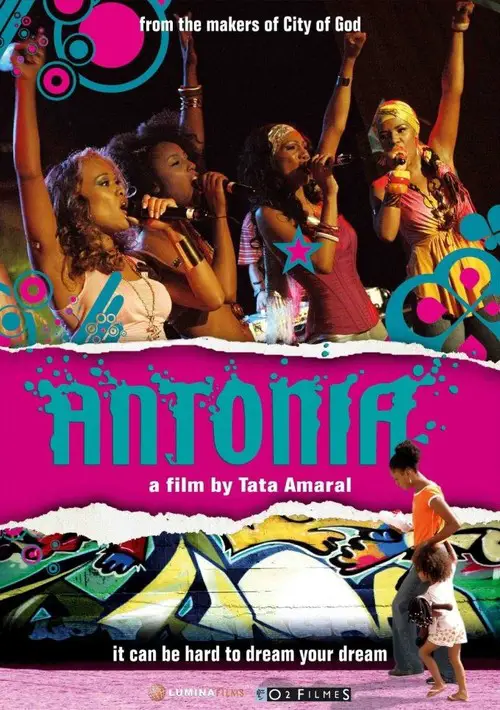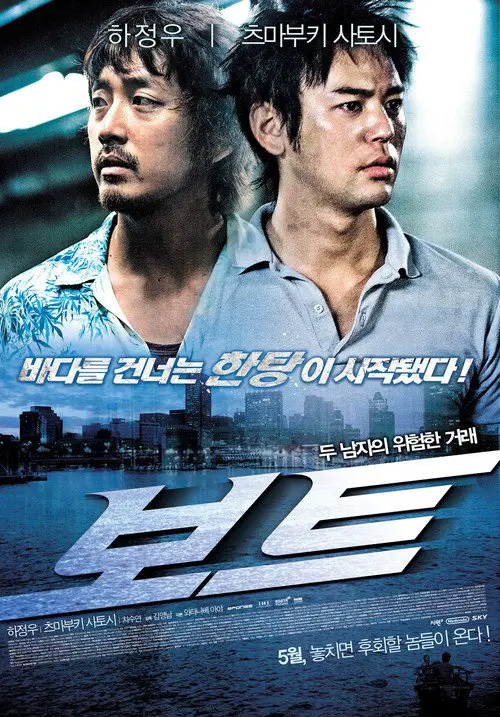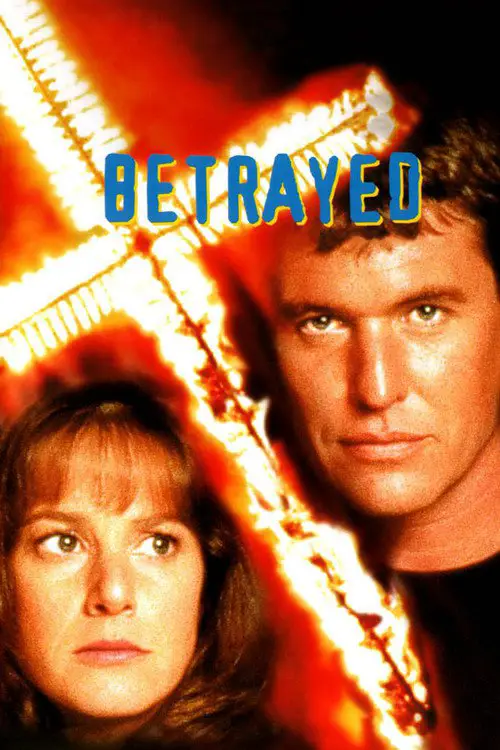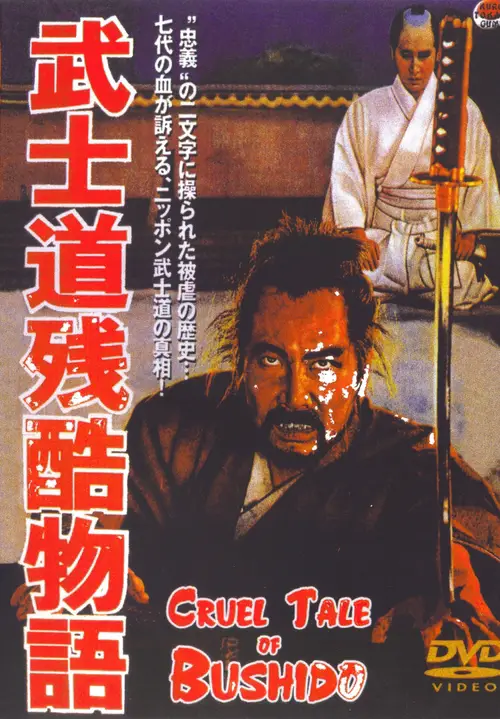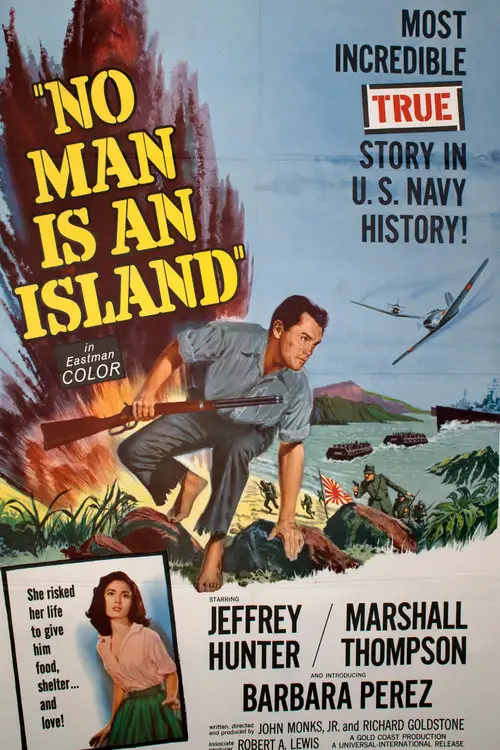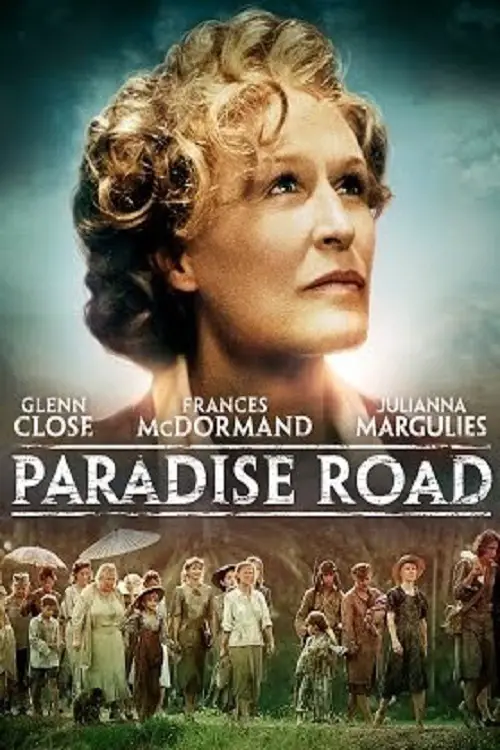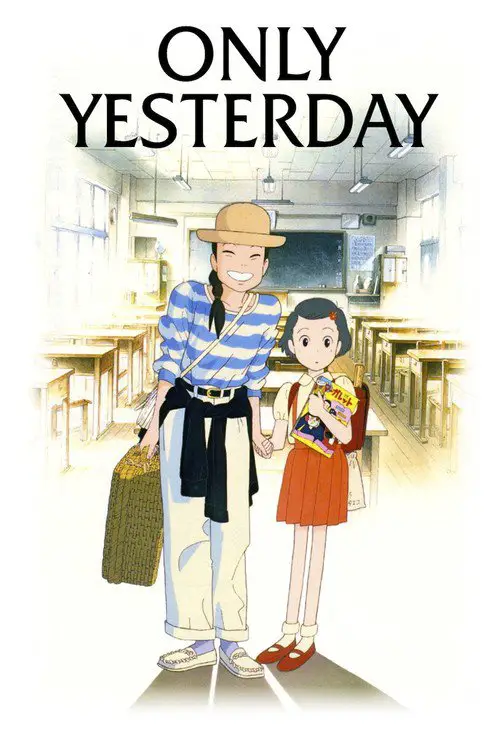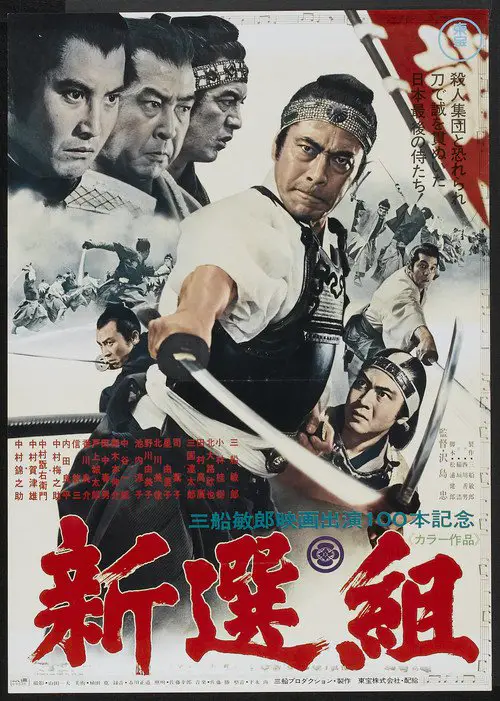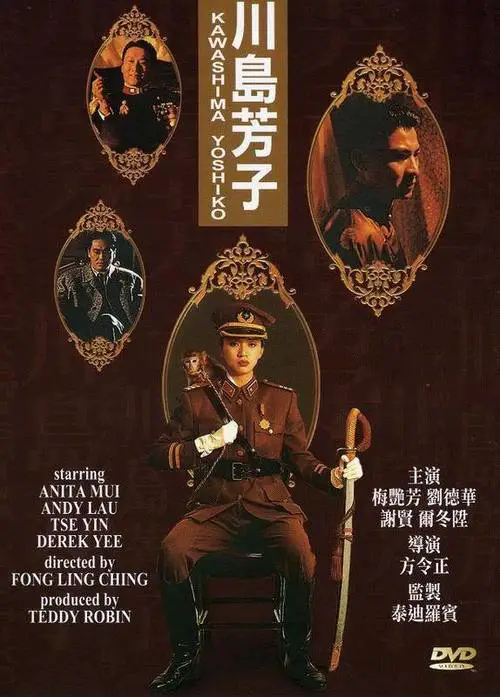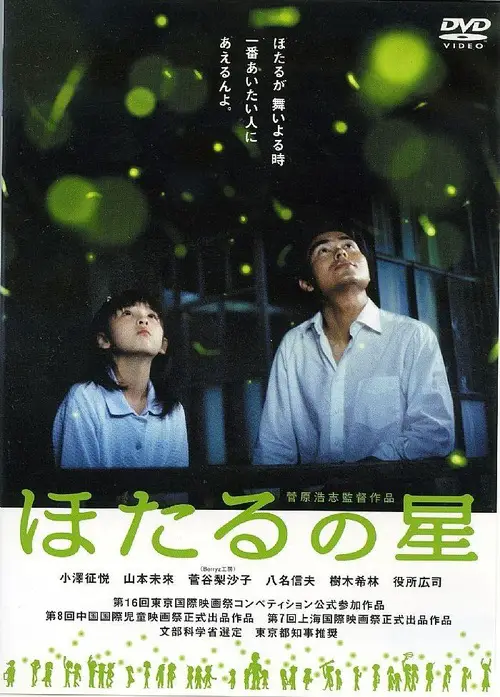The Great Passage (2013)
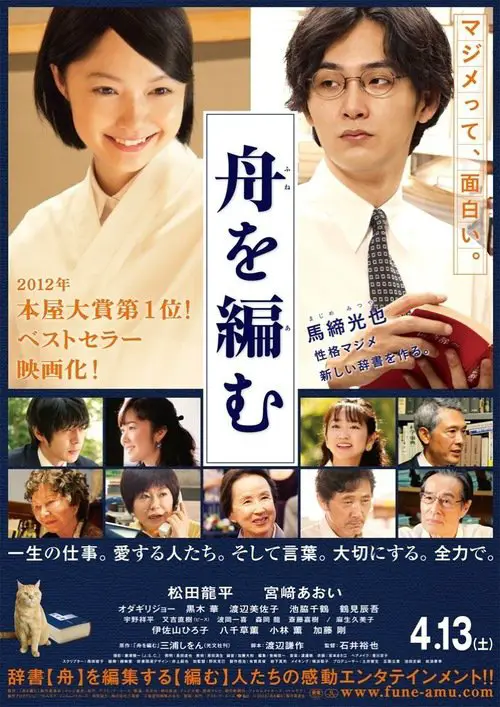
Similar movies
Eddie Kenner (Robert Stack) is given a special assignment by the Army to get the inside story on Sandy Dawson (Robert Ryan), a former GI who has formed a gang of fellow servicemen and Japanese locals. They use their muscle to take over Tokyo's pachinko racket and commit a series of train robberies, targeting deliveries of military ammunition.
Despite the tumor-shrinking medical miracle that has bought her a few years, Hazel has never been anything but terminal, her final chapter inscribed upon diagnosis. But when a patient named Augustus Waters suddenly appears at Cancer Kid Support Group, Hazel's story is about to be completely rewritten.
Against the background of an Australian desert landscape, so much space and so few people, Sandy, a geologist, and Hiromitsu, a Japanese businessman, play out a story of human inconsequence in the face of the blistering universe. The end of the journey leaves no-one capable of going back to where they started from.
During the Japanese occupation of China, two prisoners are dumped in a peasant's home in a small town. The owner is bullied into keeping the prisoners until the next New Year, at which time they will be collected. The village leaders convene to interrogate the prisoners. The townspeople then struggle to accommodate the prisoners. One is a bellicose Japanese nationalist, the other a nervous translator. Will the townspeople manage to keep the prisoners until the New Year?
Amélie, a young Belgian woman, having spent her childhood in Japan, decides to return to live there and tries to integrate in the Japanese society. She is determined to be a "real Japanese" before her year contract runs out, though it precisely this determination that is incompatable with Japanese humility. Though she is hired for a choice position as a translator at an import/export firm, her inability to understand Japanese cultural norms results in increasingly humiliating demotions. Though Amelie secretly adulates her, her immediate supervisor takes sadistic pleasure in belittling her all along. She finally manages to break Amelie's will by making her the bathroom attendant, and is delighted when Amelie tells her the she will not renew her contract. Amelie realizes that she is finally a real Japanese when she enters the company president's office "with fear and trembling," which could only be possible because her determination was broken by Miss Fubuki's systematic torture.
In 1942 British soldier Jack Celliers comes to a japanese prison camp. The camp is run by Yonoi, who has a firm belief in discipline, honour and glory. In his view, the allied prisoners are cowards when they chose to surrender instead of commiting suicide. One of the prisoners, interpreter John Lawrence, tries to explain the japanese way of thinking, but is considered a traitor.
Sidney Lumet's adaptation of the acclaimed Mary McCarthy novel. It's 1933, and eight young women are friends and members of the upper- class group at a private girl's school, about to graduate and start their own lives. The film documents the years between their graduation and the beginning of the World War in Europe, and shows, in a serialized style, their romances and marriages, their searches for careers or meaning in their lives, their highs and their lows.
Snehmoy (Rahul Bose) and Miyage (Chigusa Takaku) are pen friends who exchange wedding vows through letters. Fifteen years pass but they never meet. Yet the bond of marriage is strong between them. This unusual relationship comes under a cloud when a young widow, Sandhya (Raima Sen), comes to stay with Snehmoy along with her eight-year-old son Poltu. Snehmoy and the little boy bond and the arithmetic teacher discovers the joy of palpable bonds and fatherhood. There develops an inexplicable thread of understanding with Sandhya too. But Snehmoy remained loyal to his unseen Japanese wife. When Miyage was ill from cancer, he took a long leave from his school and tried his best to find a cure for the illness. Meanwhile, malaria took a toll on him and he died. Coming of Miyage in a white sari to Sunderbans after his departure was really touching.
American and Japanese soldiers, stranded on a tiny Pacific island during World War II, must make a temporary truce and cooperate to survive various tribulations. Told through the eyes of the American and Japanese unit commanders, who must deal with an atmosphere of growing distrust and tension between their men.
In the early 1960's, a quintet of hopeful young African American men form an amateur vocal group called The Five Heartbeats. After an initially rocky start, the group improve, turn pro, and rise to become a top flight music sensation. Along the way, however, the guys learn many hard lessons about the reality of the music industry.
In September 1942, the German Afrika Korps under Rommel have successfully pushed the Allies back into Egypt. A counter-attack is planned, for which the fuel dumps at Tobruk are a critical impediment. In order to aid the attack, a group of British commandos and German Jews make their way undercover through 800 miles of desert, to destroy the fuel dumps starving the Germans of fuel.
The film is told in three acts, beginning with a historical background of Japan's student movement of the 1960s and early 1970s, mostly using archive footage and a narrator. The second act follows the formation of the group to their mountain training camps in the southern Japanese Alps. It emphasizes the dogmatic (and eventually hypocritical) bullying of the group by Mori and Nagata, with 12 members being killed for infractions as small as improperly cleaning a gun, wearing make-up, and kissing. The third act shows the splitting up of the group after two members run off. It follows one group of five members to Karuizawa and a hostage-taking and police standoff known as the Asama-SansÅ incident.
Black Sun: The Nanking Massacre, also called Men Behind the Sun 4, is a 1994 Hong Kong film directed by Mou Tun Fei and is in many ways considered to be a follow up to the 1987 shockumentary film, Men Behind the Sun. The movie depicts the events behind the Nanking Massacre committed by the Imperial Japanese army against Chinese citizens and refugees during the Second Sino-Japanese War. Like Men Behind the Sun, the film was both criticized and praised for its brutal portrayal of the Japanese atrocities, such as the notorious contest to kill 100 people using a sword, during the early and late stages of World War II, but at the same time was questioned over historical accuracy and violence which gave the film a more exploitation feel to it.
While walking home from her latest OB appointment, a very pregnant Esther Woodhouse is brutally attacked and disfigured by a hooded assailant. This horrible event seems to be a blessing in disguise when Esther finds consolation in a support group. Her life of sadness and solitude is opened up to friendship, understanding, and even acceptance. However, friendship and understanding can be very dangerous things when accepted by the wrong people.
City of Life and Death takes place in 1937, during the height of the Second Sino-Japanese War. The Imperial Japanese Army has just captured the then-capital of the Republic of China, Nanjing. What followed was known as the Nanking Massacre, or the Rape of Nanking, a period of several weeks wherein tens of thousands of Chinese soldiers and civilians were killed.
A gang of hijackers led by Ian McShane seize a British plane as it is landing in Scandinavia. Ruthless military police chief Colonel Tahlvik is assigned to rescue the plane and it's passengers. But he must also deal with the problem of the British Ambassador, whose residence has been seized by a second group of terrorists. Written by Jonathon Dabell
Based on the story about Guy Gabaldon, a Los Angeles Hispanic boy raised in the 1930s by a Japanese-American foster family. After Pearl Harbor, his foster family is interned at the Manzanar camp for Japanese Americans, while he enlists in the Marines, where his ability to speak Japanese becomes a vital asset. During the Battle of Saipan, he convinces 800 Japanese to surrender after their general commits suicide.
In 1944, the American military lands on the shores of Saipan. Refusing to commit suicide with his superiors or be forced into camps for prisoners of war, Captain Oba Sakae leads a group of his men and other similarly minded local residents into the mountains. Even after hearing reports of the Japanese military's surrender, Oba dismisses the reports as propaganda and continues to launch guerilla attacks against the American soldiers, earning him the nickname "The Fox". Soon, even the American commander who's charged with the task of capturing Oba comes to admire his persistent enemy.
In 1987, five young men, using brutally honest rhymes and hardcore beats, put their frustration and anger about life in the most dangerous place in America into the most powerful weapon they had: their music. Taking us back to where it all began, Straight Outta Compton tells the true story of how these cultural rebelsâarmed only with their lyrics, swagger, bravado and raw talentâstood up to the authorities that meant to keep them down and formed the worldâs most dangerous group, N.W.A. And as they spoke the truth that no one had before and exposed life in the hood, their voice ignited a social revolution that is still reverberating today.
An obsessive-compulsive Japanese librarian living in Bangkok spends most of his days contemplating suicide in his lifeless apartment. His life changes when he witnesses the death of Nid, seconds before he was about to jump off a bridge. This brings him in contact with Nid's elder sister Noi - these two lost and lonely souls help each other find the meaning to their meaningless existences.
A young girl, after failing an exam, is forced by her father, a taxi-driver, to learn his profession. Soon she discovers that her father is not only a driver but also a member of a racist group eliminating immigrants, homosexual, transvestite, etc. people. She also falls in love with a boy, also a taxi-driver and a "socio" of the group.
When a western Pennsylvania auto plant is acquired by a Japanese company, brokering auto worker Hunt Stevenson faces the tricky challenge of mediating the assimilation of two clashing corporate cultures. At one end is the Japanese plant manager and the sycophant who is angling for his position. At the other, a number of disgruntled long-time union members struggle with the new exigencies of Japanese quality control.
Wada (Masahiro Motoki), a salary man, is enlisted to venture off to China to investigate a potential Jade mine. After his arrival, Wada encounters a violent, yet sentimental, yakuza (Renji Ishibashi), who takes the liberty of joining his adventure through China. Led on their long and disastrous journey to the mine by Shen, the three men come across something even more magical and enticing...
This movie is a stark portrayal of life among a group of heroin addicts who hang out in Needle Park in New York City. Played against this setting is a low-key love story between Bobby, a young addict and small-time hustler, and Helen, a homeless girl who finds in her relationship with Bobby the stability she craves.
Achim Bornhak's movie focuses on the restless life of Uschi Obermaier, the icon of the 1968 movement in Germany and groupie. At the age of 16, Uschi is bored by her job in a photo lab, but soon becomes the "it girl" of Munich's club scene. When she gets to know Rainer Langhans, they move to Berlin and live in "Kommune 1", the first politically-motivated commune in Germany. While the other occupants claim she isn't political enough, Uschi just wants to have fun, works as fashion model and leads international music stars in temptation.
Marc Schrader, a rookie cop caught red-handed with drugs in a police raid of an illegal rave, joins a homicide investigation conducted by Chief Inspector Minks. The victim is a naked young woman with the skin stripped off her back, killed as she staggered into traffic. As Schrader and Minks investigate the murder, the case is complicated by a finger found in the stomach of the victim. Forensic examination proves the finger belongs to Nobert Günzel, who was previously convicted of rape and assault. The police raid Günzelâs residence, and discover a blood-stained table with restraints and bits of human flesh in his basement. They also find video equipment and preserved, tattooed skin from the victimâs back. Soon, they found dead bodies buried in the garden. Günzel then goes missing.
From director Clint Eastwood comes the big-screen version of the Tony Award-winning musical Jersey Boys. The film tells the story of four young men from the wrong side of the tracks in New Jersey who came together to form the iconic 1960s rock group The Four Seasons. The story of their trials and triumphs are accompanied by the songs that influenced a generation, including âSherry,â âBig Girls Donât Cry,â âWalk Like a Man,â âRag Doll,â and many more.
After World War II, some Tokyo prostitutes band together with a strict code: no pimps, attack any street walker who comes into our territory, defend the abandoned building we call home, and punish whomever gives away sex (who falls in love). Maya, a young woman whose family has died, joins the group. Into the mix comes Shin, a thief who's killed a G.I. The women allow him to hide while recovering from wounds, but then he won't leave. Maya is drawn to him, discovering as she falls in love that she can feel again; she's now more fully human, but at the same time, she's endangered herself and her livelihood. Can she and Shin make it out of Tokyo to establish life as a couple?
A grand old Japanese hotel is trying to get a prestigious contract as the site of a summit meeting of important foreign officials. Unfortunately, this hotel is quite popular with the Yakuza (Japanese gangsters) and is a favorite target of theirs for extortion. They employ a variety of schemes to con the hotel out of 'hush-money.' The hotel needs to rid itself of the Yakuza and finally begins to fight back by hiring Mahiru Inoue, a lawyer who is an expert at dealing with these criminals on their own terms. This film by Juzo Itami combines action with farce, as an all-out war ensues. Written by Tad Dibbern
Determined to escape their poverty-stricken lives, four talented young women living on the outskirts of Sao Paulo, Brazil, form an all-female rap group but find their road to success is riddled with sexism, racism, and violence. One by one, they succumb to their grim realities...until they discover that out of struggle come strength, and out of strength, the courage to continue on. Written by Echo Bridge Home Entertainment
Hyeong-gu (Ha Jung-Woo), a young Korean, visits Japan by boat three or four times a month to help with middle-aged Bo-gyungâs smuggling business. It is always Tooru (Satoshi Tsumabuki), a young Japanese man, who welcomes him there. Hyung-gu and Touru sacrifice themselves for the sake of their families, money, and friendship. One day, Bo-gyung orders them to kidnap a woman named Ji-su (Cha Su-Yeon) and take her to Japan, and this changes their future in an unexpected way.
Master director Imai Tadashi teams up with Nakamura Kinnosuke in this controversial epic based on the novel by Nanjo Norio. The film depicts the bloody history of loyalty and the samurai spirit still alive in the Japanese culture today, in seven grotesque tales of seven generations from the Edo period to now. When Iigura Susumu's fiancée attempts suicide, he is reminded of his family history recorded in his ancestors' journals, about generations of samurai who sacrificed themselves in order to serve their lords and the nation. Terror strikes him as he realizes that he's about to repeat his family's horrific history.
Paradise Road is a 1997 film which tells the story of a group of English, American, Dutch and Australian women who are imprisoned in Sumatra during World War II. It was directed by Bruce Beresford and stars Glenn Close as beatific Adrienne Pargiter, Frances McDormand as the brash Dr. Verstak, Pauline Collins as missionary Margaret Drummond (based on missionary Margaret Dryburgh), Julianna Margulies as American socialite Topsy Merritt, Jennifer Ehle as British doyenne and model Rosemary Leighton Jones, Cate Blanchett as Australian nurse Susan McCarthy and Elizabeth Spriggs as dowager Imogene Roberts. Basing his picture on real events, Bruce Beresford tells the story of a vocal orchestra created by the women in a Japanese P.O.W. camp, a classic survivors' tale extolling women's ability to survive hardship and atrocity through perseverance, solidarity and creativity.
A classic story of English POWs in Burma forced to build a bridge to aid the war effort of their Japanese captors. British and American intelligence officers conspire to blow up the structure, but Col. Nicholson , the commander who supervised the bridge's construction, has acquired a sense of pride in his creation and tries to foil their plans.
Itâs 1982, and Taeko (voiced by Daisy Ridley) is 27 years old, unmarried, and has lived her whole life in Tokyo. She decides to visit her family in the countryside, and as the train travels through the night, memories flood back of her younger years: the first immature stirrings of romance, the onset of puberty, and the frustrations of math and boys. At the station she is met by young farmer Toshio (voiced by Dev Patel), and the encounters with him begin to reconnect her to forgotten longings. In lyrical switches between the present and the past, Taeko contemplates the arc of her life, and wonders if she has been true to the dreams of her childhood self.
A dramatic history of Pu Yi, the last of the Emperors of China, from his lofty birth and brief reign in the Forbidden City, the object of worship by half a billion people; through his abdication, his decline and dissolute lifestyle; his exploitation by the invading Japanese, and finally to his obscure existence as just another peasant worker in the People's Republic.
Near the end of the nineteenth century, as the balance of power shifts from Shogunate towards the Emperor, Japan restlessly awaits the dawning of a new age. But not all are content...The Shinsengumi, a small army of samurai, farmers and peasants, band together to do battle against the tide of history. Their leader, Isami Kondo (Mifune) is a man who rises from farmer to fighter to head the fierce Shinsengumi brigade. Using a stern hand and a heart of gold, he rallies his men in defense of the tottering Shogunate. But bloodshed and treachery lurk around every corner.
Kawashima Yoshiko was originally the 14th daughter of Emperor Xu. She was sent to Japan to train in the ways of the Samurai but lost her virginity to Samurai. She then married a Mongolian prince and set her mind to fight for the independence of Mongolia but the marriage failed. Arriving Shanghai, she met an opera singer Wan Hoi. Because of her beauty and background, she achieved a great deal, including successfully smuggled a Queen, Yuen Yung and helped Pu Yi to establish Manchuria. Unexpectedly, she met up again with Wan Hoi, who was the number one singer at that time but also part of the rebel force, and tried to unsuccessfully assassinate Yu-Yeh resulting in his own death. Yoshiko saved him but he could not be bought, so she set him free without Japanese' permission. The Japanese were dissatisfied and eventually she was exiled back to Japan. She later returned to China. However, because of the lost of Japan, she got arrested and executed. (Joy Sales)
After finally passing his teacher's exam, Miwa (Yukiyoshi Ozawa) devoted himself to teaching in a rustic primary school. He struggles to get through to his students, until he creates a class project to raise fireflies to fly over it once again. All students, even the reserved girl Hikari (Risako Sugaya), become passionately involved in the project. However, it brings them into conflict with parents and the school, one problem after another stands in his way.
© Valossa 2015–2024



